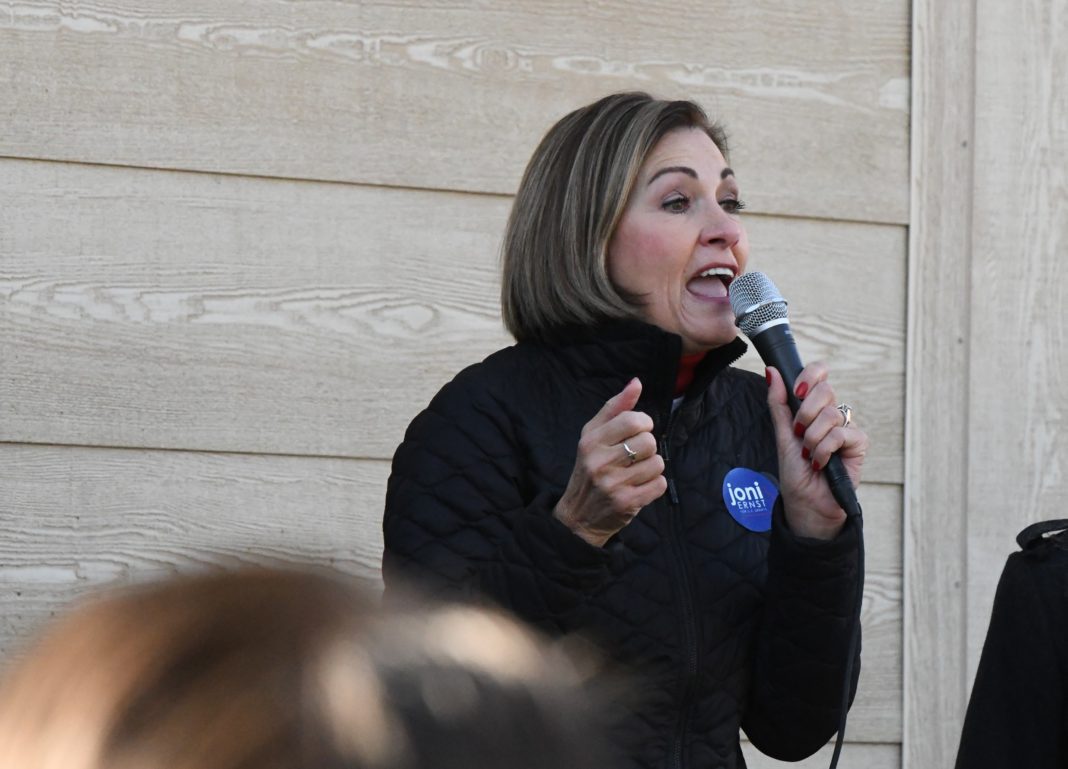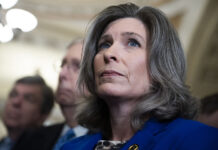By John Hendrickson and Jonathan Williams
Reforming a state tax code in order to provide relief, economic growth, and create a more competitive economic climate is straightforward in terms of economics, but difficult in the world of politics. A major reason for this difficulty is tax rate reductions are in direct conflict with numerous policy interests that demand new or additional spending. Iowa, alongside the vast majority of other states, is thankfully required to balance its budget on an annual basis. Therefore, any tax and spending policies are two sides to the same fiscal coin.
As a result of prudent decision-making Governor Kim Reynolds and a majority of legislators have worked together to ensure that Iowa is able to navigate the economic uncertainty caused by the COVID-19 pandemic. Iowa’s budget is in a healthy condition with over $300 million in surplus and more than $770 million in reserves.
Thankfully, Governor Reynolds and many legislators are also signaling their continued support for pro-growth tax reform in Iowa. In 2018, the legislature passed a historic tax reform measure which lowered both individual and corporate income tax rates to enhance economic competitiveness.
As the debate continues around options for further income tax reform, the issue of balancing taxes and spending will be front and center. Those who oppose or are cautious toward pro-growth tax reform often bring up the 2012 Kansas tax package as an example of something to avoid at all costs. But what exactly happened in Kansas?
The Kansas tax reform, and innuendo surrounding it, has created a paralysis among some policymakers who fear that cutting tax rates will lead to budget shortfalls. However, after a careful analysis of the Kansas tax reform story it should reassure legislators pursuing tax rate reductions across the nation, since it was unsustainable spending growth that was the real driver of budget problems in Kansas. Spending reductions necessary to implement the plan were eschewed, spending was increased, and taxes were subsequently raised, making any honest judgment of the original tax plan’s success or failure impossible.
The real lesson to learned from Kansas’ experience, or with any tax reform, is that spending must be prioritized. As financial management 101 reminds us: Increasing spending, along with cutting taxes will lead to a budget shortfall. This is what occurred in Kansas when the legislature increased spending by more than $430 million in the same year they cut taxes. It is imperative that policymakers look at ways to reduce costs, eliminate waste and prioritize government spending when considering lowering tax rates.
In recent years numerous states have demonstrated that enacting pro-growth tax reforms not only lead to a stronger economy, but they can improve the fiscal health of a state. States such as North Carolina, Indiana, Utah, among others are demonstrating that major tax reform can indeed occur without creating a budget crisis. The key for policymakers is to reduce costs, eliminate waste and prioritize government spending.
As Americans increasingly “vote with their feet” across state lines in search of more opportunity, the critical element for states to be in the mix to attract those potential new residents is providing the greatest quality of life at the lowest cost of living.
North Carolina is the gold standard for pro-growth tax reform and has demonstrated that keeping spending levels limited while reducing tax burdens on hardworking taxpayers can lead to greater economic growth and the ability for taxpayers to keep more of their income. In the case of North Carolina, the prosperity that followed tax cuts actually led to multiple rounds of pay raises for public school teachers across the state. “The supply-side effects of fiscal policy are real, but they don’t negate the need for spending discipline,” wrote John Hood, who serves as Chairman of the John Locke Foundation.
Any tax reform must be prudent and take into consideration spending discipline – just as hardworking Iowa families and small businesses watch their spending every month. The COVID-19 pandemic has demonstrated that states best prepared for this “black swan” event were those who followed a free-market approach to government and wisely didn’t spend themselves into a risky financial position. As Iowa lawmakers rightly look to make Iowa more competitive, they should not let wild exaggerations of the Kansas tax reform experience scare them away from enacting responsible tax reform that would benefit all Iowans.
John Hendrickson is Policy Director of Tax Education Foundation of Iowa; a public policy think tank and Jonathan Williams is Executive Vice President of Policy and Chief Economist at the American Legislative Exchange Council (ALEC) and co-authors the annual Rich States, Poor States report.












